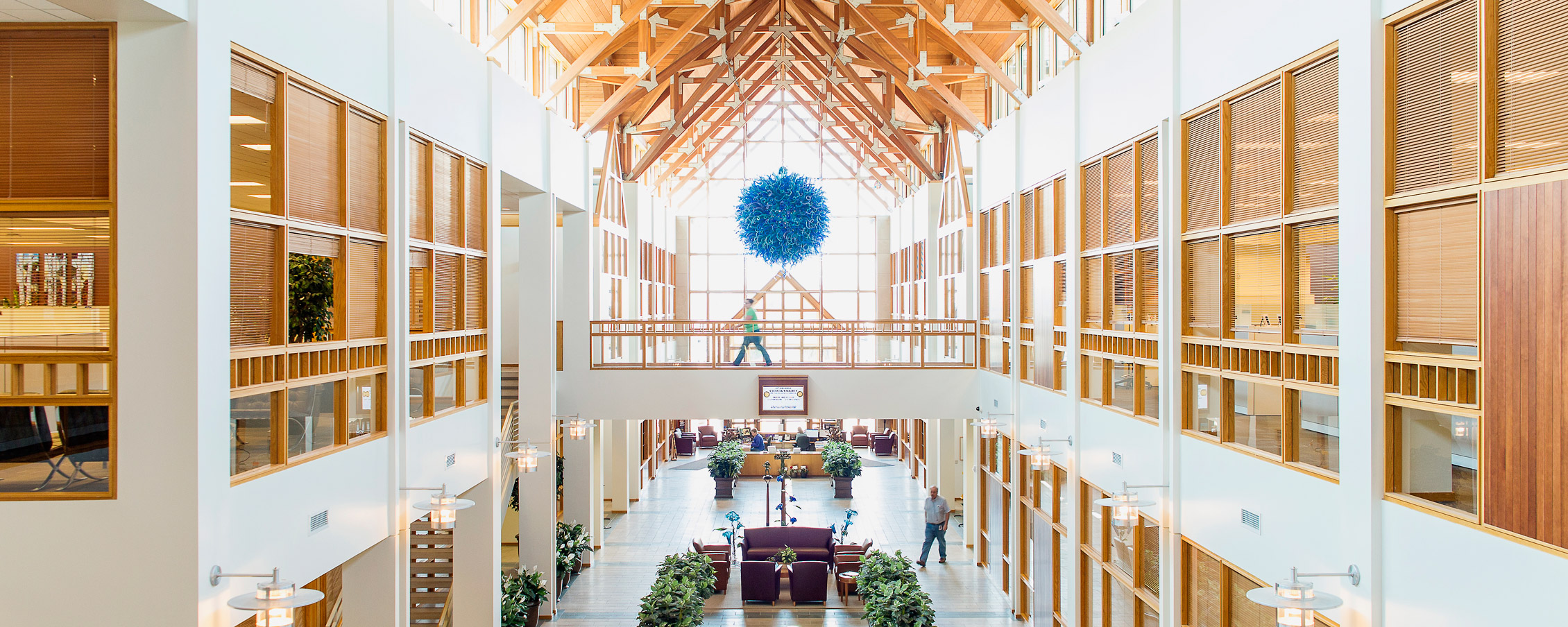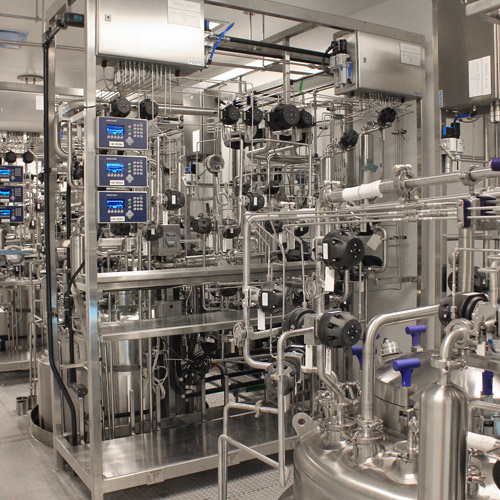In New York, it’s the bodegas. In Tampa, it’s the mini-marts. Go into any big city, and there will be a 7-Eleven, Kwik Stop, or Speedway in sight. Convenience stores are a steadily growing segment of the food industry as the nation becomes increasingly urban. These businesses work to meet increasing demands for fresh and frozen foods from consumers who rely on them more than before to meet needs that typically had been filled by traditional big-box grocers.

Due to this demand, Core-Mark International, a consumer-goods distributor and marketer, has focused on providing fresh and frozen foods to convenience stores, which in turn has increased its own growth. The company’s most recent undertaking includes a partnership with 7-Eleven, for which, at press time, Core-Mark says it aims to provide tobacco, candy, health and beauty aids, grocery items, and perishable and frozen goods to 900 western US stores by fall 2016.
Charles Morse, Core-Mark’s director of facilities management and planning, concedes that 900 stores is a large goal. The partnership with 7-Eleven will affect three of the company’s divisions, and a lot of its planning and effort has been put toward preparing those divisions for a project of this scale. Core-Mark finished its design phase in March 2016 and worked to prepare the buildings for an initial summer rollout. The initiative includes an expansion of the Las Vegas warehouse division, which will be relocated to a new 230,000-square-foot building in order to handle the increase in volume for 7-Eleven and other customers.
Morse’s team is responsible for assisting all of the company’s divisions with their capital planning, design, and execution on facilities, equipment, and assets. He also handles all real estate lease negotiations from existing locations, relocations, and expansions. He recently rolled out multiple projects in support of the company taking on a new client, Murphy USA. The initiative impacted 10 different divisions within Core-Mark, and his team had less than three months to identify scope, investment, and the vendors needed in the multiple buildings to complete building upgrades before the Murphy USA business went online in January.
He attributes his success at Core-Mark International to his experience at Target Corporation. Before joining the company, Morse spent 13 years at Target, and during that time saw the brand expand from 1,000 stores to more than 2,000.
“I had some very unique experiences at Target that I probably [will never] see again,” Morse says. One of those experiences was leading a full Target store remodel that was completed in five days, as opposed to the traditional 15 weeks. He says that feat was accomplished by closing the store for a week—like an “extreme makeover” you would see on TV.
He was also involved with the opening of new food and dry distribution centers in the United States and Canada that had heavy investment in different technologies and automation. The experience taught Morse how to handle the ever-changing, fast-paced environments of both sectors.
“What you do today is no guarantee of what you’ll do tomorrow,” Morse says. “It really applies with any consumer-driven industry. You have got to be constantly looking ahead, planning ahead, and seeing what opportunities there are to help you grow as a company to remain relevant and stay successful. Otherwise, there is plenty of competition out there that’s looking to steal that share away from you.”
Milton Draper, Core-Mark’s director of investor relations, says convenience stores now represent about 34 percent of all retail outlets, and according to a Convenience Store News trade-site forecast study, these retailers expect to see a 5 percent increase in sales by the end of 2016. This makes it even more important for Core-Mark to stay ahead of the game.
As technology constantly drives change for many retail and distribution entities, Morse seeks to implement newer technology items that will lead to efficiency. Many of the buildings and systems today are using technology that’s been around for 20 years, he says. In 2016, Core-Mark managed to test and implement robotics and other equipment that requires less maintenance, upkeep, and servicing.
“We’re looking to automate tasks versus requiring more manual labor to do it, which will move Core-Mark toward a push environment rather than a pull,” he says.
The hope is that this push to be technologically driven gives Core-Mark the edge when focusing on the company’s main growth driver—the fresh and frozen sector. In the past, Morse worked with all sectors of this division, including three of the largest projects in Los Angeles, Spokane, Washington, and Tampa. He hopes to continue the growth of that division by continually adding to its freezer and cooler rooms to meet customer volume and demand. Morse also handles some organic food supply, which he sees as an area that’s poised for growth in the near future.
“The company’s projected growth rate for 2016 is 20 percent,” Draper says. She adds that Core-Mark is in growth mode, and that depends on continually being customer-centric and leading with integrity and family.
Morse says he’ll do all he can to diversify knowledge and support that growth.
“Even though this is a decentralized company, you don’t ever feel like you’re out on an island by yourself to sink or swim,” he says.


